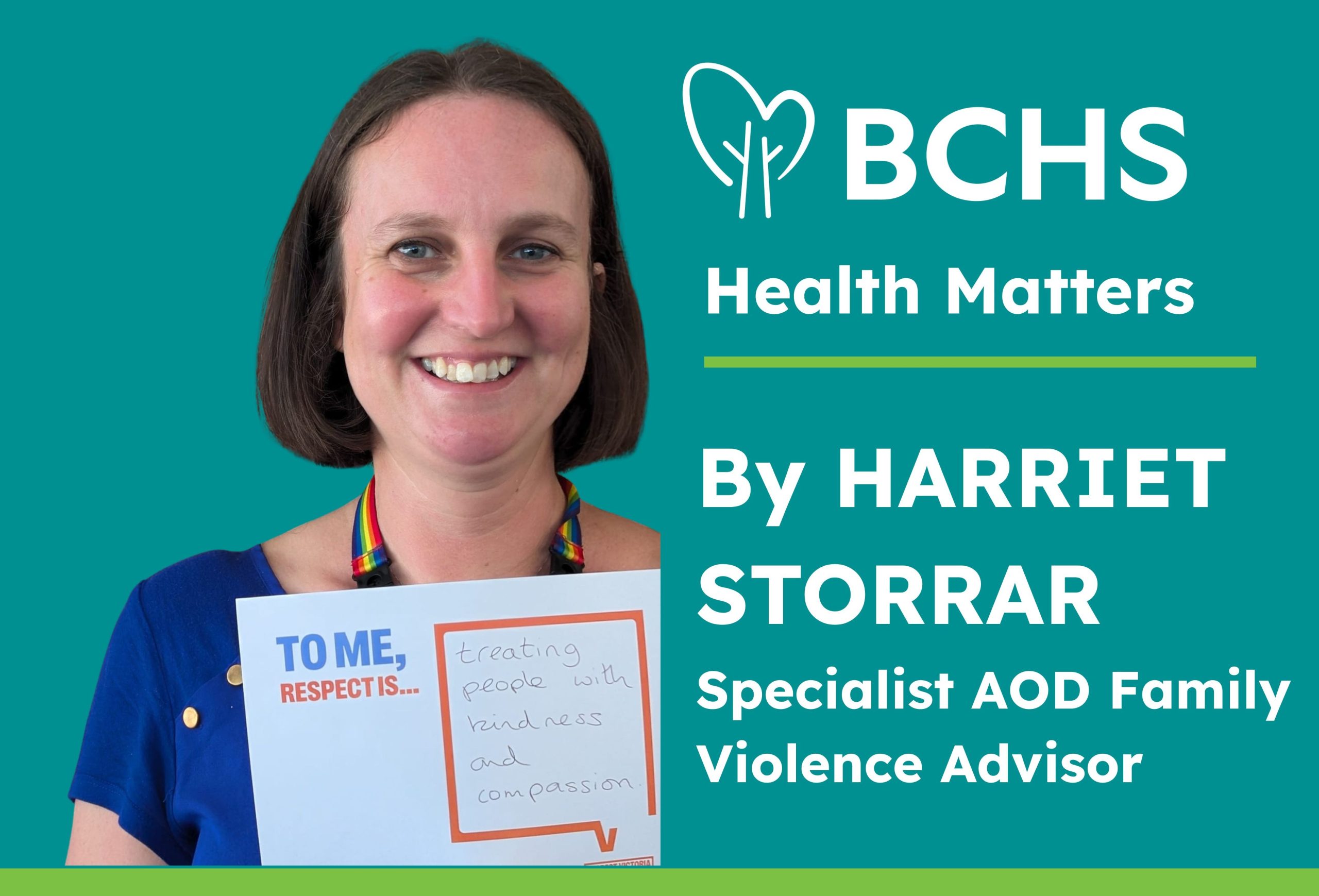During this year’s 16 Days of Activism against Gender Based Violence – on now until December 10 – we’re debunking myths and highlighting steps everyone can take to help make our community safer.
Myth: Men and women are equally likely to perpetrate family violence.
Reality: While family violence occurs across all genders, the vast majority is perpetrated by men against women. Women and children experience much higher rates of injury, fear, and homicide linked to family violence. Men are far more likely to inflict frequent, severe, and intimidating behaviors.
Myth: Family violence is only physical.
Reality: It also includes emotional, psychological, sexual, financial abuse, and coercive control. It is an ongoing pattern of behaviour that can include multiple, often subtle, tactics used to intimidate and control.
Myth: Alcohol and drugs cause violence.
Reality: Neither alcohol nor drugs cause violence; perpetrators choose to abuse, though substances may escalate severity.
Myth: Family violence only occurs within families from low socioeconomic backgrounds or particular cultures.
Reality: Abuse occurs across all socioeconomic backgrounds, ages, cultures, and beliefs. Gender inequality is the driver of family violence; when men are valued more than women, and have more power, resources and opportunities.
Myth: If it was bad, victims would leave.
Reality: Leaving is complex— barriers include fear, lack of finances, concern for children, isolation, and threats from the perpetrator. Women and children are most at risk during and after separation.
Myth: Abuse is a momentary loss of temper.
Reality: The abuser makes a decision to abuse. It is an ongoing behaviour to enforce control through fear.
Myth: Children aren’t affected if they don’t witness abuse.
Reality: Children living in abusive households are almost always affected psychologically and emotionally, regardless of what they witness.
Understanding and challenging these myths is crucial to prevent and respond to family violence. You can:
- Challenge the condoning of violence against women
- Promote women’s independence and decision-making in public life and relationships
- Build new social norms that foster personal identities not constrained by gender stereotypes
- Support men and boys to develop healthy masculinities and positive, supportive male peer relationships.
Where to seek support
All BCHS staff are trained in identifying and supporting people experiencing and using family violence. Even if you are seeing them for something else you can speak to your practitioner, and they will support you.
1800RESPECT for confidential information and support for people impacted by violence.
Men’s Referral Service – 1300 766 491 for counselling, information and referral for men concerned about their behaviour.
